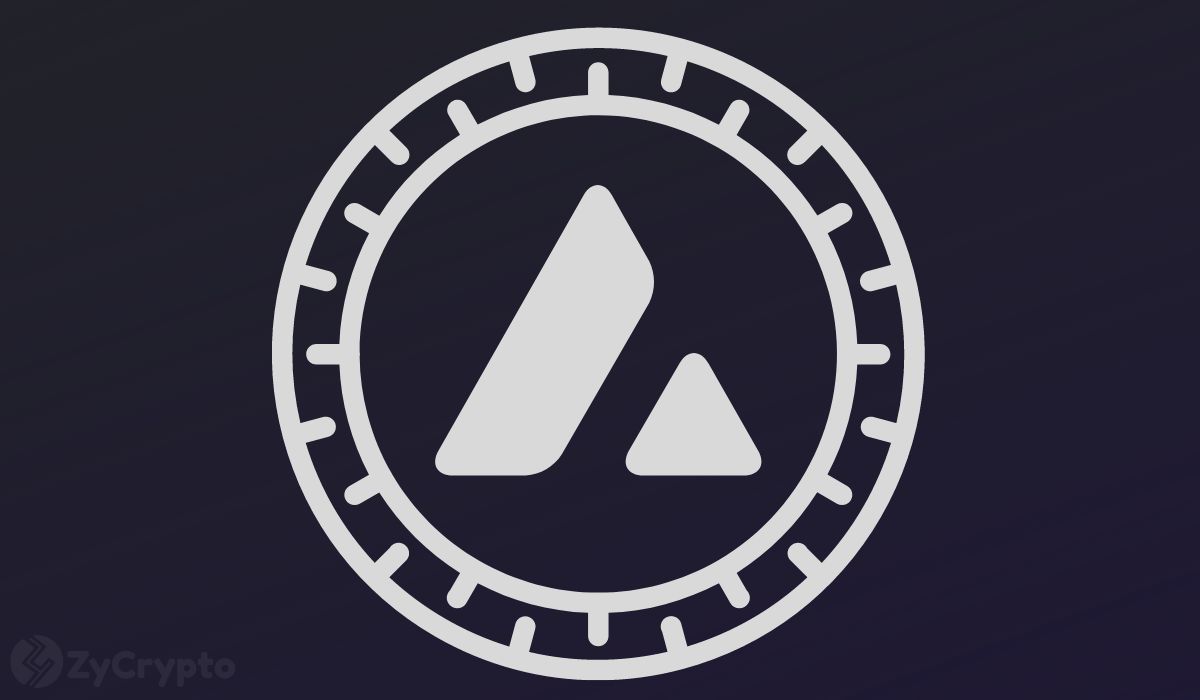2018-6-29 01:44 |
A press release has been published by South Korea’s top financial regulator this week outlining new anti-money laundering (AML) guidelines for virtual currencies.
This newest set of amendments to South Korea’s AML guidelines has been drawn out following the completion of a series of on site inspections of three domestic banks by the country’s Financial Supervisory Service (FSS).
The update calls for strengthened monitoring of non-deposit accounts, enhanced customer identification, and stricter requirements for customer due diligence in cryptocurrency purchases.
In the case of non-deposit accounts, the report reveals that there is a significant number of users of non-deposit accounts transferring large amounts of money to unknown parties without sufficient bank oversight. The report states further that a concerning number of these transactions can be linked to pooled accounts used for criminal purposes.
As a result, banks will now be required to monitor for these types of transactions more closely. Both parties in any transaction will be required by the bank to identify themselves, and in the case of large transfers, to state the purposes of the transaction. In the event that a bank refuses to deal with a business, it is now required that the reason for the refusal is kept on record. This record will be kept as part of a greater file sharing system listing the names of domestic dealers between financial companies across the country.
Banks will also be required to keep a closer eye on any type of suspicious transaction patterns, particularly as it pertains to non-deposit accounts.
These increased security measures don’t seem to represent any actual ban on virtual currency related transactions. However, with banks being held to greater accountability by the Korean government, traders should be prepared for more institutional intervention.
South Korea has one of the largest cryptocurrency markets in the world, but has recently been plagued by a series of cryptocurrency-related crimes. In the last 2 months there have been numerous attacks on South Korean crypto exchanges by hackers, costing investors millions of dollars.
This most recent report by the FSS suggests that the exchange hacks are just one dimension of a much wider range of illegal activity surrounding South Korean crypto markets.
The post Korea Revises Anti-Money Laundering Guidelines for Virtual Currencies appeared first on UNHASHED.
origin »Bitcoin price in Telegram @btc_price_every_hour
Time New Bank (TNB) на Currencies.ru
|
|









